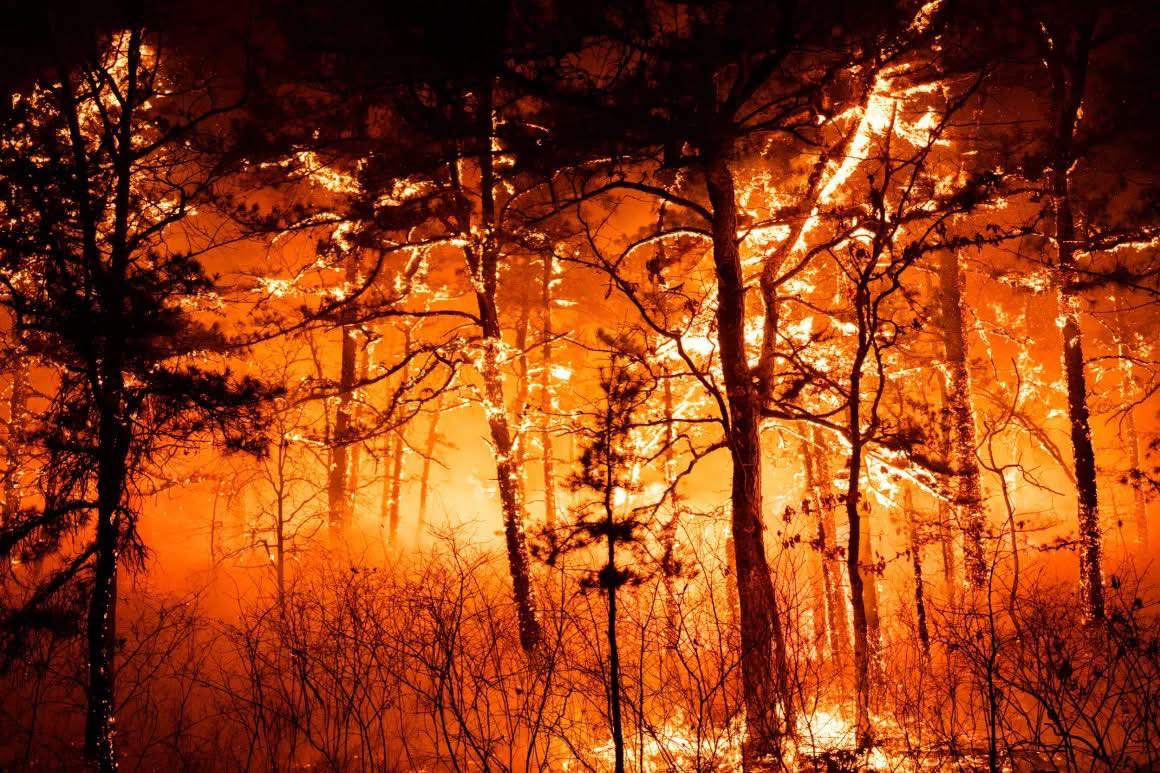
Wildfires have become increasingly destructive in recent years, leading to countless property losses and emotional distress for affected families. While insurance coverage is meant to provide relief during such devastating times, not every claim gets approved. In fact, many policyholders are surprised when they receive a denial letter instead of the financial help they expected. As legal actions influencing wildfire regulations continue to shape how claims are processed, it’s crucial to understand why an insurer may reject a claim in the first place.
- Policy Exclusions and Limitations
One of the most common reasons for claim denial is the presence of exclusions within the policy. Some insurance plans specifically limit coverage for damages caused by natural disasters, including wildfires. Even when wildfire coverage is included, insurers may enforce strict caps on payout amounts or restrict coverage to certain types of losses.
Policyholders often don’t fully understand the fine print until it’s too late. If a claim falls outside the outlined coverage, the insurer has a legal basis to deny payment. This is why carefully reviewing policy documents and clarifying doubts with an insurance agent before disaster strikes is so important.
- Insufficient Documentation
When filing a wildfire claim, evidence is everything. Insurance companies require clear documentation to verify the extent of damages and losses. Without photographs, receipts, repair estimates, or a detailed inventory of destroyed belongings, the insurer may question the validity of the claim.
In many cases, claimants underestimate how thorough they need to be. Submitting vague or incomplete evidence often results in delays or outright denial. Keeping an updated inventory of property and storing copies of important records in a secure, fireproof, or digital location can prevent such problems.
- Delayed Filing of the Claim
Timing is critical in the claims process. Most insurance policies include strict deadlines for reporting damages after a wildfire. Missing this window gives insurers an easy reason to deny coverage, as they can argue that the delay prevented them from properly assessing the damages.
Additionally, the longer someone waits to file, the harder it becomes to gather reliable evidence. Memories fade, receipts go missing, and damage may worsen over time, making it more difficult to establish a direct connection between the wildfire and the claimed losses. Filing promptly is one of the simplest ways to avoid unnecessary rejection.
- Disputes Over the Cause of Damage
Not all destruction that happens during a wildfire is covered under a standard policy. For example, if smoke, ash, or water damage occurred in a way the insurer deems unrelated to the wildfire itself, they may reject the claim. Similarly, disputes often arise when insurers argue that structural issues or prior neglect caused part of the damage rather than the fire.
This gray area is where many claims fall apart. Insurers may hire their own investigators to minimize liability, often contradicting what policyholders believe to be obvious fire-related losses. Independent inspections or expert reports can strengthen a claimant’s position in such disputes.
- Allegations of Negligence or Fraud
Another significant reason insurers deny wildfire claims is when they suspect negligence or fraud. If a homeowner failed to maintain their property—such as ignoring brush clearing requirements or fire safety codes—the insurer may argue that this negligence contributed to the damage. In extreme cases, claims may be denied if the insurer believes the losses were exaggerated or intentionally misrepresented.
Fraudulent claims not only face denial but can also result in legal consequences. For honest policyholders, this highlights the importance of accurate, transparent reporting and compliance with local fire safety regulations.
Final Thoughts
Having a wildfire claim denied can feel like a second disaster after the trauma of losing property or personal belongings. However, understanding the most common reasons for denial—ranging from policy exclusions to disputes over negligence—can help homeowners avoid preventable mistakes.
Staying informed about policy terms, documenting thoroughly, filing on time, and following fire safety practices are all steps that reduce the risk of rejection. And as legal frameworks continue to evolve around wildfire management and claims handling, policyholders who stay proactive will be better positioned to secure the coverage they deserve.
